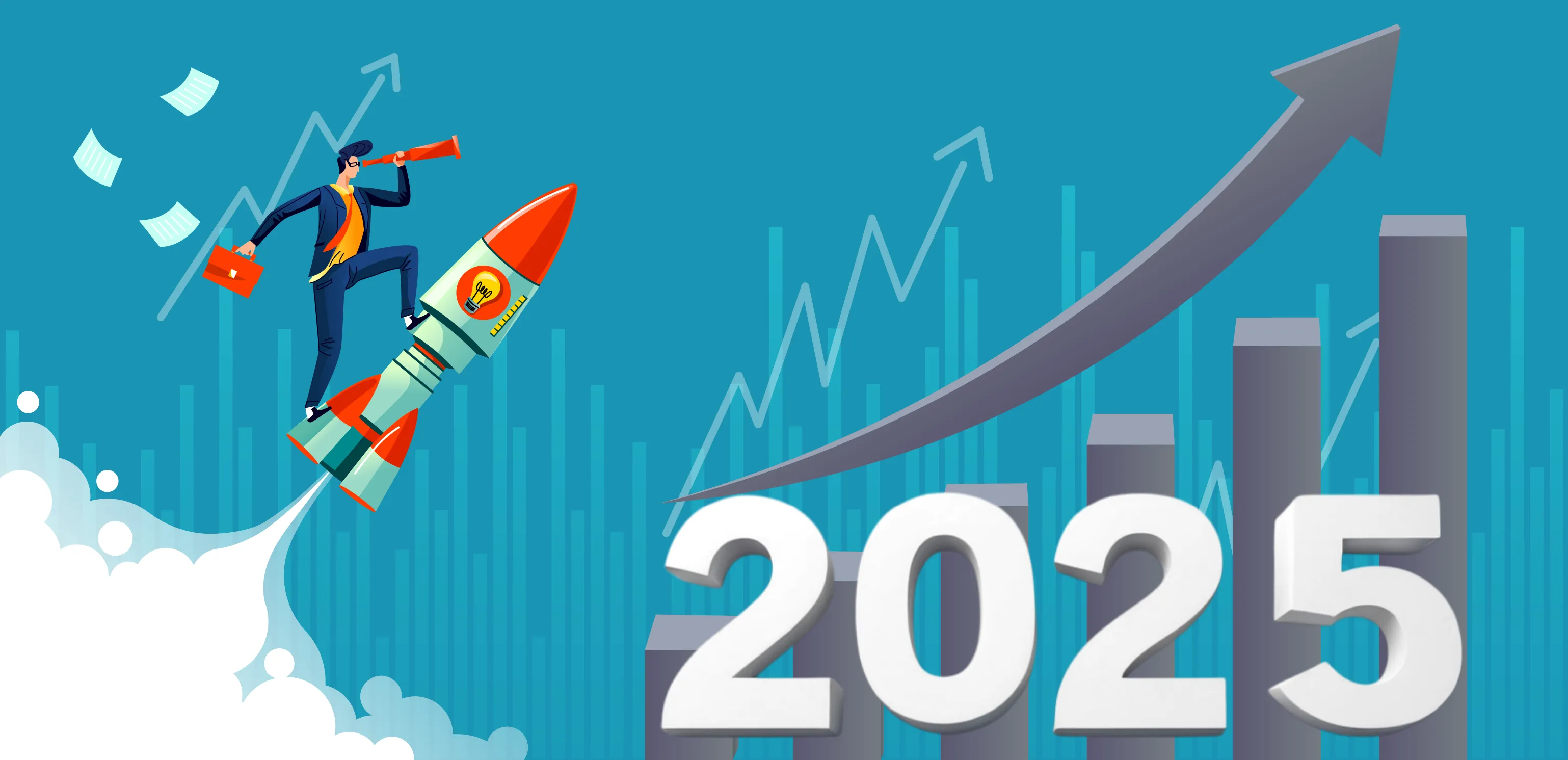Cookies Consent This website uses cookies and other tracking technologies to improve your browsing experience for the following purposes to enable basic functionality of the website, to provide a better experience on the website, to measure your interest in our products and services and to personalize marketing interactions
- Blog

Have you already listed your New Year’s resolutions for 2025? Starting with a new habit, finally going to that dream destination, and maybe increasing your savings? You might have decided to save more for that dream trip, future financial goals, or maybe to finally pay off a debt. Regardless, combining the resolution with proper strategy helps you achieve your goal faster. To begin with, let’s look at some new-year financial habits you can adopt in 2025 to manage your debt effectively.
Stick to Timely Payments
One of the most essential steps in debt management is ensuring that all loan EMIs and credit card payments are made on time. Late payments not only attract hefty penalties but also damage your credit score. Financial institutions like HDB Financial Services personal loans emphasize the importance of timely repayments to maintain a healthy credit profile.
So, to stay on track, consider enabling the auto-debit facility for your payments. Set the auto-debit date at least five days before the due date to account for any processing delays. If automation isn’t an option, set reminders on your phone to avoid missing any deadlines.
Adopt Effective Debt Repayment Methods
Managing debt is easier with the right strategy. Two of the many proven methods can help streamline repayment and keep you on track:
The Snowball Method focuses on clearing smaller debts first to build momentum. List your debts from smallest to largest, pay the minimum on all except the smallest, and use extra funds to clear it. Once it’s paid off, move to the next smallest debt. This method is simple and keeps you motivated with quick wins.
The Avalanche Method targets high-interest debts first to save money. In this, you first list your debts by interest rate, pay minimums on all except the highest, and allocate extra funds to it. After clearing it, move to the next highest-interest debt. This approach minimizes interest costs and often shortens the repayment period.
Create and Stick to a Budget
Budgeting is an important tool for debt management. For that, start tracking your monthly income and expenses to identify areas of overspending. Allocate funds to priority expenses like utilities, loan repayments, and savings. Even small amounts redirected from wasteful expenses can accelerate debt repayment. However, while ensuring all of these, check to see that the budget stays realistically aligned with all your financial obligations.
Build an Emergency Fund
Life is unpredictable, and financial emergencies can derail even the best debt management plans. Start building an emergency fund to have a safe cushion that covers unexpected expenses without resorting to additional borrowing. Aim to keep at least 3-6 months’ worth of living costs for this fund in a liquid savings account.
Check Your Credit Report Regularly
A healthy credit score is important to get loans and credit cards on favourable terms. Make it a habit to review your credit report at least once a quarter. This practice helps identify inaccuracies or fraudulent activities that may impact your score.
How to check? Under RBI guidelines, credit bureaus provide one free credit report annually. These reports can be accessed through platforms like CIBIL, Equifax, Experian, or CRIF High Mark by visiting their websites and following a simple registration process.
Check For Debt Consolidation
Debt consolidation is a strategic approach to simplify debt repayment. Leading NBFCs, such as HDB Financial Services, offer personal loans at favourable rates that can be used for debt consolidation. Consolidating multiple debts into a single loan with better terms can reduce your financial stress and streamline repayment.
Leverage Loans Responsibly
Borrowing can be a powerful tool to achieve your financial goals when used strategically. Products like personal loans from HDB Financial Services offer tailored solutions with flexible repayment options. Instead of relying on high-interest credit options, consider personal loans to consolidate debts or fund major expenses.
The key is to ensure that borrowed funds are used for planned, necessary purposes and repaid on time to maintain financial stability. Avoid impulsive borrowing and always assess repayment capability before taking any loan.
Limit Loan Applications
Multiple loan applications in a short time can signal credit-hungry behaviour to lenders, negatively impacting your credit score. Make one application at a time and wait for a decision before proceeding with another.
By incorporating these financial resolutions for 2025 into your routine, you can take control of your personal finances, master debt management, and pave the way for financial freedom. Whether it’s timely payments, effective budgeting, or leveraging tools like HDB Financial Services personal loan, every step you take brings you closer to a debt-free life. Start the New Year with smart financial habits, and watch your financial well-being transform for the better.




























































